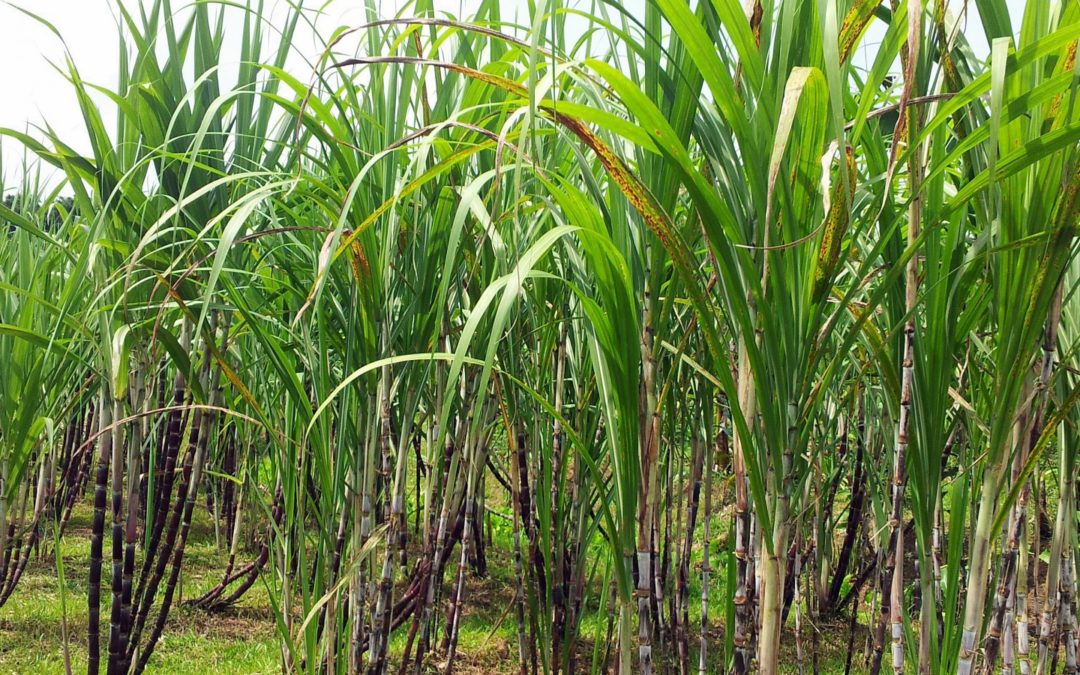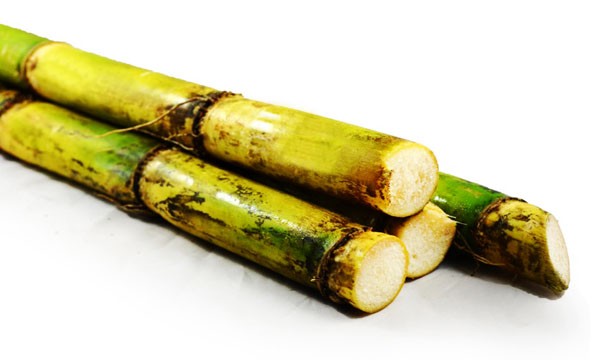The Role of Sugar and Cane in Creating Flavored Syrups and Sweeteners
The Role of Sugar and Cane in Creating Flavored Syrups and Sweeteners
Blog Article
Why Walking Cane Sugar Handling Chemicals Are Critical for Modern Sugar Refining
The function of cane sugar processing chemicals in modern sugar refining can not be overstated, as they are important to enhancing both the effectiveness of removal and the total high quality of the final item. Agents such as phosphoric acid and specific flocculants are used to remove pollutants, leading to sugar that not only meets consumer expectations however likewise sticks to sector criteria. The effects of these chemicals prolong past quality, touching upon market characteristics and ecological considerations. sugar and cane. This raises essential inquiries regarding the sustainability of such methods and their effect on the future of sugar production.
Role of Processing Chemicals
The effectiveness of cane sugar handling pivots considerably on the calculated application of handling chemicals. These chemicals play an essential function in boosting the performance and quality of sugar extraction and refining. From the preliminary stages of juice extraction to the last filtration steps, processing chemicals help with various essential operations.
In the removal stage, chemicals such as phosphoric acid and calcium hydroxide are used to enhance the clarification process, helping to eliminate contaminations and put on hold solids from the walking cane juice. This not just boosts the return however additionally ensures the quality of the last product. Furthermore, representatives like flocculants aid in the rapid settling of pollutants, thereby improving the total procedure.
As the handling advancements, chemicals are made use of in decolorization and condensation stages. Activated carbon and ion exchange materials serve to get rid of color and smell, ensuring that the refined sugar satisfies consumer top quality criteria. Inevitably, the duty of processing chemicals expands past functional performance; they considerably affect the sensory attributes of the last product, adding to market competition. Therefore, the precise choice and application of these chemicals are vital for achieving optimum end results in cane sugar handling.
Key Kinds Of Chemicals
Cane sugar handling relies upon a range of vital chemicals that promote each stage of production. These chemicals play necessary duties in making clear, lightening, and detoxifying the sugar extracted from walking cane.
One key classification of chemicals includes flocculants, such as polyacrylamide, which help in the information procedure by advertising the aggregation and settling of pollutants. In addition, calcium hydroxide is typically utilized to reduce the effects of level of acidity and assist in the removal of non-sugar components.
Whitening representatives, such as activated carbon and sulfur dioxide, are utilized to decolorize the syrup, resulting in a clearer final product. These chemicals assist get rid of color compounds that may affect the sugar's look and marketability.
Furthermore, phosphoric acid serves as a pH regulatory authority during the processing phases, making certain optimal conditions for the enzymatic tasks associated with sugar extraction and purification.
Various other crucial agents include edta (ethylenediaminetetraacetic acid), which chelates metal ions that might militarize undesirable reactions, and salt hydroxide, which aids in pH control throughout the refining procedure. Collectively, these chemicals improve performance and make certain a top notch cane sugar product.
Benefits for Sugar Top Quality
Usually neglected, making use of particular handling chemicals considerably improves the general top quality of walking stick sugar. These chemicals play a crucial duty in refining processes, ensuring that the last product meets strict market standards for pureness and preference.

Furthermore, refining chemicals help in accomplishing a constant granulation and appearance, which are critical for customer approval. By managing the crystallization process, these chemicals ensure that the sugar crystals create evenly, resulting in an extra attractive product that dissolves well in different applications.
Moreover, using these chemicals can enhance the life span of walking stick sugar by reducing dampness absorption and microbial growth. Generally, the critical application of processing chemicals is crucial for providing top quality cane sugar that satisfies consumer expectations and industry demands.
Ecological Impact Considerations

Furthermore, the energy-intensive nature of sugar refining, intensified by chemical usage, usually causes enhanced carbon discharges. This contributes to climate modification and elevates worries concerning the sustainability of current refining techniques. Furthermore, the sourcing of these chemicals may involve techniques that intimidate biodiversity, such as monoculture farming, which decreases the durability of agricultural environments.

To reduce these impacts, sugar refiners are significantly discovering lasting choices and adopting ideal methods that reduce chemical use. Implementing rigorous ecological administration systems can help guarantee that the refining process aligns with ecological standards and advertises biodiversity. Inevitably, a balanced strategy that prioritizes both sugar top quality and environmental stewardship is check vital for the their explanation lasting viability of the sugar market.
Future Fads in Refining
As the sugar sector comes to grips with the ecological obstacles connected with typical refining approaches, ingenious methods are emerging to enhance both effectiveness and sustainability. One substantial fad is the adoption of eco-friendly chemistry principles, which focus on making use of non-toxic, biodegradable handling chemicals. This shift not only minimizes environmental influence but likewise addresses consumer demand for cleaner production methods.
Another encouraging advancement is the execution of advanced filtration technologies, such as membrane separation and adsorption procedures. These techniques improve the quality and high quality of the sugar while minimizing the quantity of wastewater produced during refining. Furthermore, the integration of electronic technologies, consisting of IoT and AI, is changing operational efficiency by allowing real-time surveillance and predictive upkeep, therefore reducing resource waste.
Furthermore, making use of by-products from sugar refining, such as bagasse and molasses, is getting grip. These products can be exchanged biofuels or value-added products, contributing to a round economic climate within the market. Collectively, these fads indicate a shift towards more sustainable techniques that not only improve functional effectiveness but also straighten with worldwide sustainability objectives, making sure the future viability of sugar refining.
Final Thought
Walking stick sugar processing chemicals are important in contemporary sugar refining, significantly improving the efficiency and top quality of sugar removal. The calculated usage of these chemicals not only improves the purity and flavor of the end product but additionally makes certain regular condensation and structure. As the sector significantly prioritizes sustainability, the fostering of environmentally-friendly handling representatives is likely to shape future patterns in refining, inevitably bring about better items and extended service life for consumers.

Eventually, a well balanced strategy that focuses on both sugar top quality and ecological stewardship is essential for the long-lasting viability of the sugar market.
Cane sugar handling chemicals are essential in modern sugar refining, considerably improving the efficiency and quality of sugar removal.
Report this page